Table of Contents
- The Importance of Early Math Education
- Understanding Basic Math Concepts for Preschoolers
- Teaching Math Through Play: An Effective Approach
- Fun Preschool Math Activities to Try at Home
- Overcoming Challenges in Math Education for Young Children
We understand that as parents, you wish your children the best, which begins with laying basic foundational skills. One of the most essential skills for preschoolers is math concepts. The common question every parent has is, how to teach basic math concepts to preschoolers without it being a tedious task? The answer is obvious: it is through play. In this blog post, we will explore ideas on math concepts for preschoolers. We will also discover the ways to make math learning fun, valuable and entertaining for your little ones!
The Importance of Early Math Education
Before we understand ‘how to teach math to preschoolers’, let us know ‘why math concepts for preschoolers are important.’ Math education in the early years is essential for the following reasons:
- It improves problem-solving abilities
- It creates the fundamentals for future learning.
- It helps children understand the environment they live in
- Teaching simple mathematics as early as preschool age is extremely important for a child’s success in future school years and everyday living.
Understanding Basic Math Concepts for Preschoolers
Basic math concepts for preschoolers can be taught without involving complex equations. We can begin by focusing on basic concepts in mathematical solving. These basic math concepts include:
- Number recognition and counting
- Basic shapes and patterns
- Sorting and classifying
- Comparing and measuring
- Simple addition and subtraction
Although these basic math concepts seem simple to parents, they are important milestones in a child’s learning process.
Teaching Math Through Play: An Effective Approach
We now understand what basic math concepts include. Let us explore the dynamics of why play is such an effective strategy. Teaching math through play helps children to:
- Learn math in a calm and stress-free environment:
- Apply basic math concepts to practical situations:
- Develop a positive attitude towards mathematics:
- Learn at their own pace:
- Retain information more effectively through hands-on experiences:
When parents and educators teach math through play activities, children become interested in learning more despite making mistakes. This helps build a growth mindset in children.
When children play, they encounter different mathematical problems that are related to real-life situations. By integrating play with math concepts for preschoolers, parents can help them understand the relevance of math in everyday experiences.
Positive perceptions about math through play help the child form a positive attitude towards math in later years, reducing the level of math anxiety.
Through play, children can revisit mathematical concepts repeatedly in many ways, reinforcing understanding at their own pace.
Continuous engagement with physical objects during play builds more neural connections in the brain, improving memory and understanding of basic math concepts in preschoolers.
When you apply these principles to your child’s play, you are not just entertaining your child but also preparing them for future success in math. Teaching math through play is more fun for children. It helps them understand and retain basic math concepts. Now, let us explore some fun preschool math activities for kids.
Fun Preschool Math Activities to Try at Home
Let us explore some engaging preschool math activities that you can easily implement at home:
- Counting Games:
- Shape Scavenger Hunt:
- Sorting and Classifying:
- Measurement Activities:
- Pattern Play:
- Number Line Hopscotch:
- Cooking Together:
You can begin counting practice for your children with everyday objects like beans, toys, snacks, money or anything that is countable. This preschool math activity helps children identify numbers and perform addition/subtraction skills.
Ask your child to search for objects with various shapes around the house. This preschool math activity teaches them geometric concepts.
In sorting activities for kids, use buttons, Lego bricks, and coloured beads. This preschool math activity teaches children the concept of categorisation.
Use non-standard units of measurement, such as paper clips to measure items at home or toy cars. This preschool math activity presents math concepts in a fun manner.
Draw simple figures on a sheet of paper and ask your child to draw more patterns from them. This is a preschool math activity that helps children develop pattern recognition.
Draw a number line on the pathway and ask your child to hop on different numbers. This engaging preschool math activity is fun and active at the same time.
Encourage your child to make meals that involve measuring ingredients. This preschool math activity introduces fractions and measurement in a real-world setting.
Apart from these, there are endless activities that can teach basic math concepts to preschoolers. You are welcome to add to them or customise them as per your child’s particular interest, age, or development level.
Overcoming Challenges in Math Education for Young Children
Teaching math through play is incredibly beneficial. However, it comes with some challenges. Here are some common hurdles and solutions on how to overcome them:
- Short Attention Spans:
- Frustration with Difficult Concepts:
- Lack of Interest:
- Inconsistency:
- Pressure to Perform:
Introduce short yet different activities to children. Jumble various preschool maths activities to retain interest in your little ones.
Divide basic math concepts into minor components that are easy to understand. Celebrate the little achievements of your children to ensure that they gain confidence.
See what your child is interested in and connect basic maths concepts. If they love dinosaurs, count dinosaur toys or measure their lengths.
Try teaching basic math concepts in everyday routines as much as possible. Consistent exposure reinforces learning.
Educating children involves introducing some basic concepts in mathematics without necessarily making it too perfect. Keep their learning environment calm and playful.
No child learns in the same way or at the same rate as another. As parents and educators, it is our role to make math learning a positive and enjoyable experience.
Teaching basic math concepts to preschool children is relatively easy. By implementing fun preschool math activities in everyday life, you can ensure your child develops strong mathematical skills and a positive attitude towards any study.
At Mother’s Pet Kindergarten, we acknowledge the value of early numerical training practised and teaching through play. We guarantee to support holistic mathematical training for your little one in a fun and supportive environment.
As a parent, you have an important responsibility for your child’s math education. By showing interest in math in everything, you are preparing your child for the future. Therefore, get creative, have fun, and your little one will learn all about the fun new world of math!

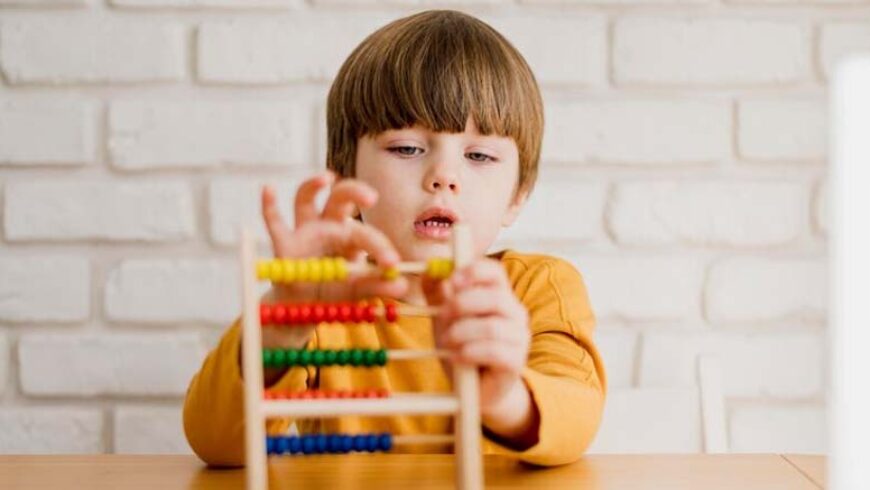


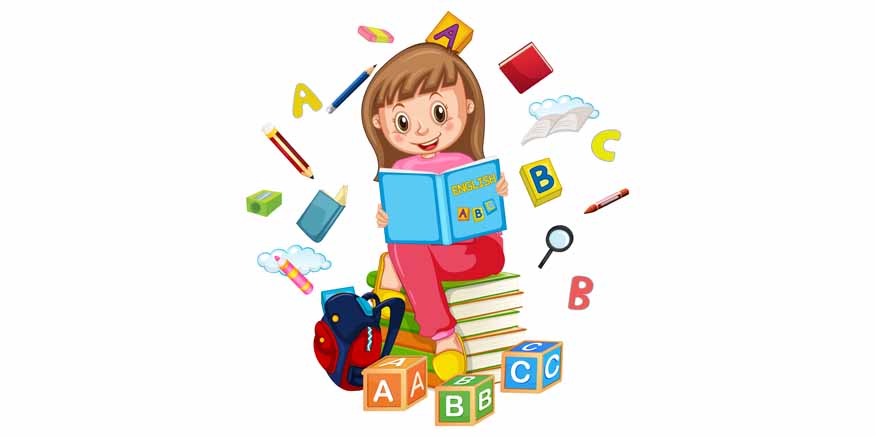


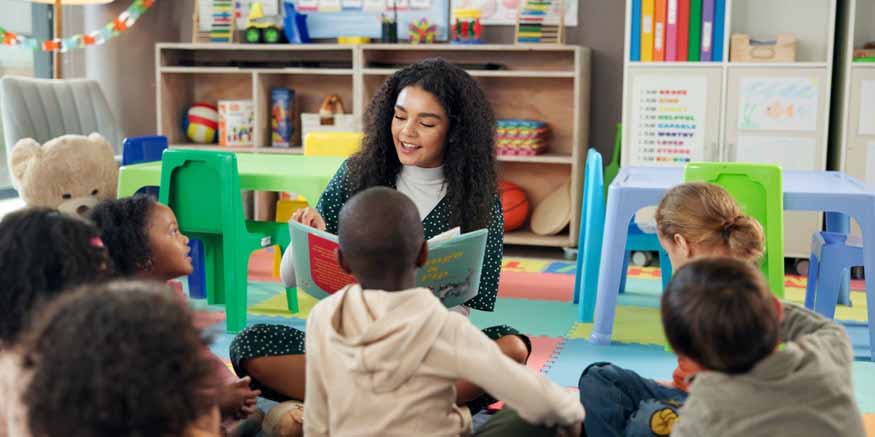

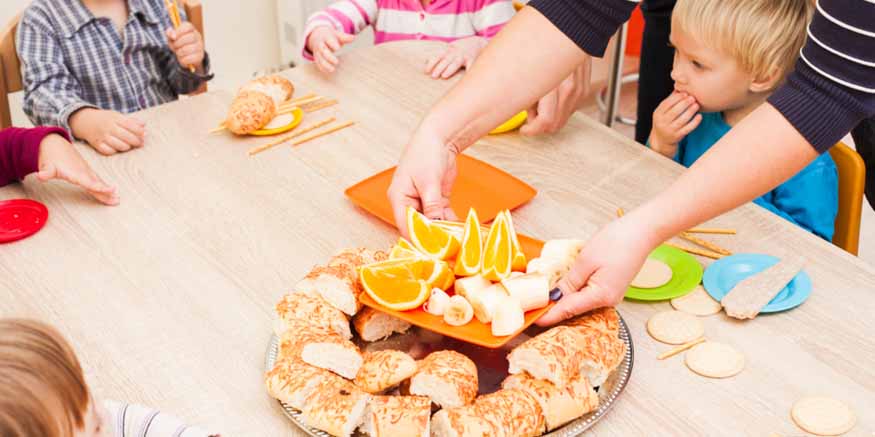

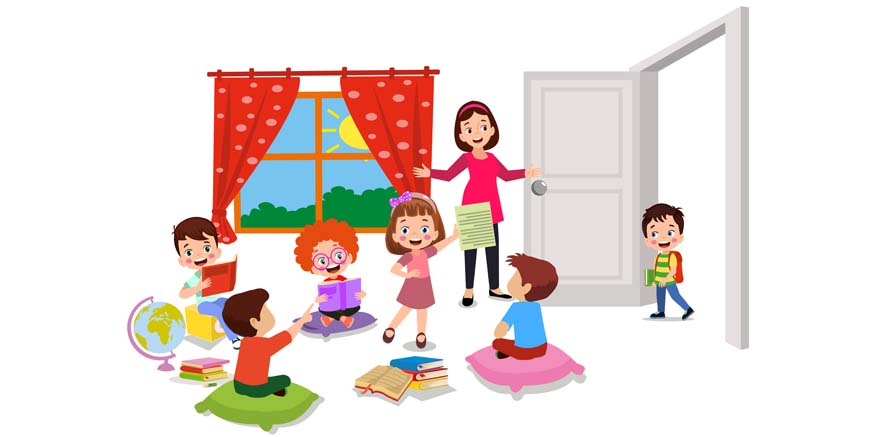

Recent Comments